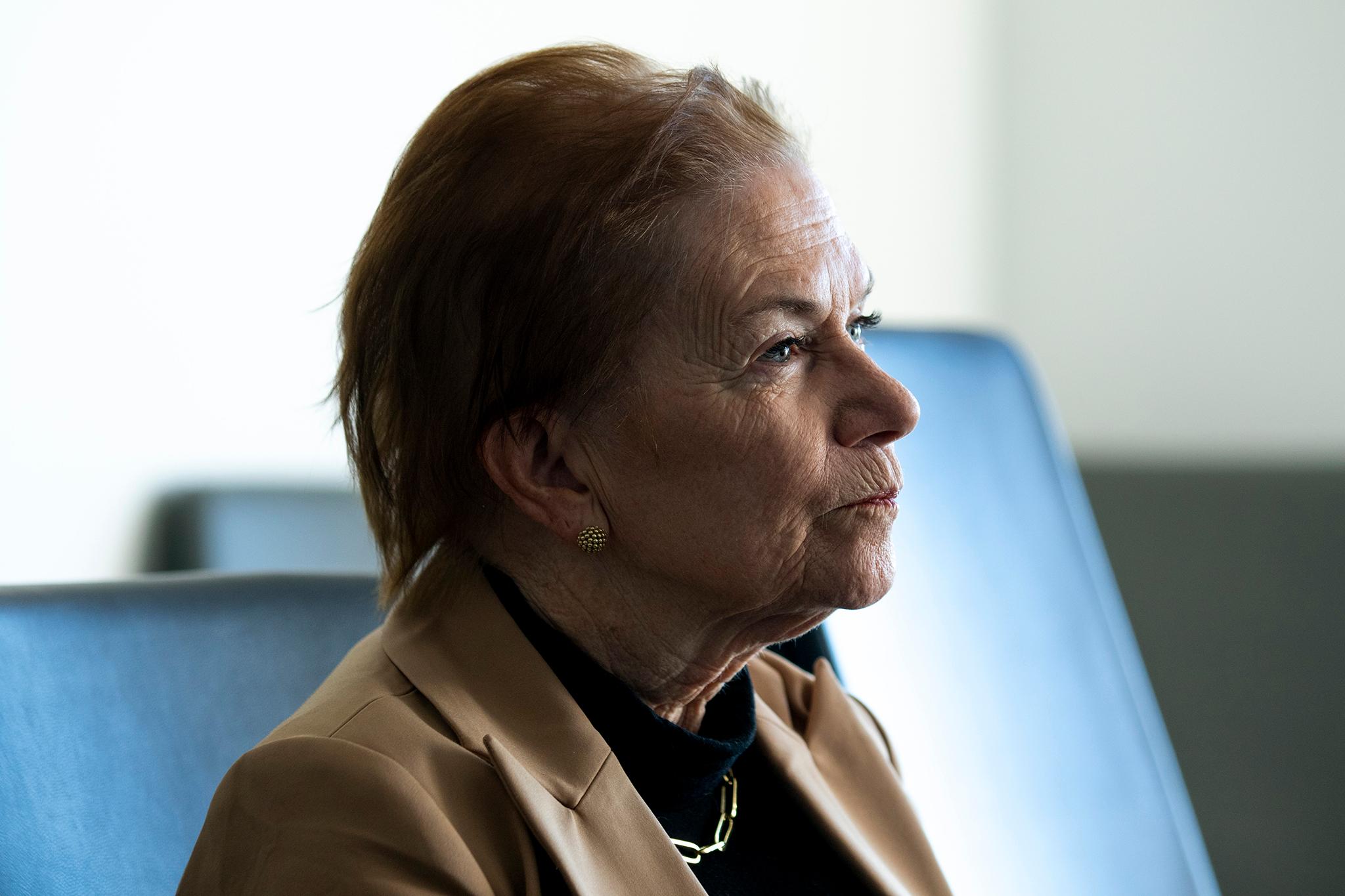Denverites will vote this fall on a .34 percent sales tax — or an extra 3.4 cents on a $10 purchase — to fund Denver Health.
City Council voted 12-to-one on Monday to refer the question to the voters, who will vote on it in the November election. The bill now goes to Mayor Mike Johnston’s desk for a final signature.
Denver Health ran a nearly $32 million deficit in 2022, and only came close to breaking even in 2023 thanks to a few one-time grants. As the cost of care quickly outpaces revenue, Denver Health leadership has said it needs to secure more funding, otherwise the hospital may be forced to close clinics and lay off staff.
Denver Health has already implemented cost-cutting measures like changing employee benefits and implementing a hiring freeze.
“We are grateful to the Denver City Council for voting for this measure," said Denver Health CEO Donna Lynne in a statement Monday. "Support for the Denver Health and Hospital Authority Tax Fund will be met with a commitment from Denver Health that we will be there for anyone in our community who needs us, wherever and whenever care is needed.”
Denver Health is one of Colorado’s few safety net hospitals.
That means it cares for anyone regardless of their insurance status.
Typically, a small portion of private insurers and Medicare and Medicaid reimbursements help cover the cost of patients without insurance.
But Medicare and Medicaid do not cover the full cost of care and the number of uninsured patients is rising, especially as federal pandemic emergency measures have sunset.
Meanwhile, the cost to treat uninsured patients is rising quickly — from $42.1 million in 2019 to $102.6 million in 2023.
Denver’s contribution to Denver Health has stayed relatively steady in recent years as costs have increased. Compared to peer public hospitals in other states, Denver Health receives relatively little public funding.
Critical support for a 'central asset,' or sales taxes gone too far?
That’s why hospital and city leadership are turning to the voters for a sales tax, which would raise around $65 million per year for Denver Health.
Proponents of the sales tax say it will stave off potentially serious cuts to a crucial service.
“Denver Health is a central asset to the Denver community and it’s not an institution that should ever be pushed to the brink of closing services and clinics,” said Council President Torres in a statement Monday. “If we can help Denver Health as a whole community, we must. They are not just our safety-net hospital, they are our Trauma 1 facility for all of Denver and even for our first responders. They are also the only health system that keeps stepping up when our residents in greatest need require medical attention, including our kids through the school-based clinics. Denver Health has been there for us, it’s time we are there for them.”
But Councilmember Kevin Flynn, the sole no-vote on the measure Monday, raised concerns about an increasing reliance on sales taxes to raise money.
Denver voters have approved a more than 30 percent increase in sales taxes since 2018, to fund a slew of things including preschool programs, mental health services and homelessness initiatives. In the past, Denver voters have approved things like sales taxes to help build Coors Field.
“I do feel like someone needs to be the canary in the coal mine, and I guess that's going to be me,” Flynn said earlier this month about the rise in self-imposed sales taxes.
Flynn said he wants municipalities beyond Denver that send patients to Denver Health to also help out with hospital funding.
Denver voters will have their say on the sales tax on Nov. 5.












